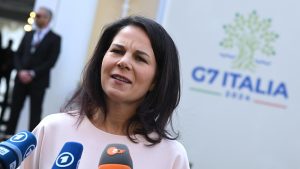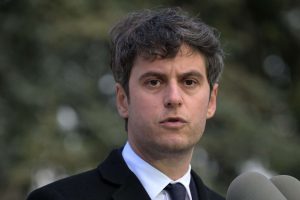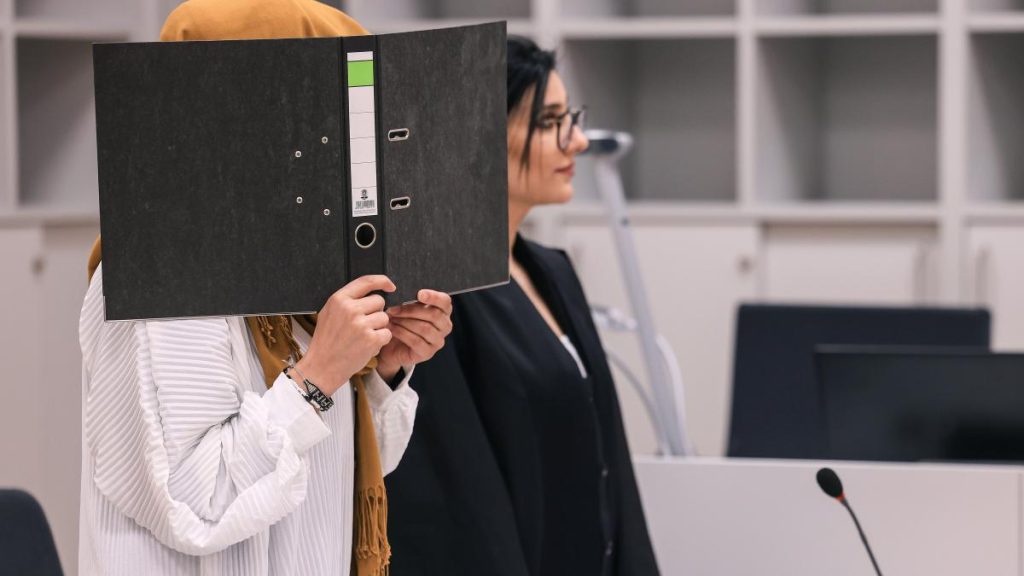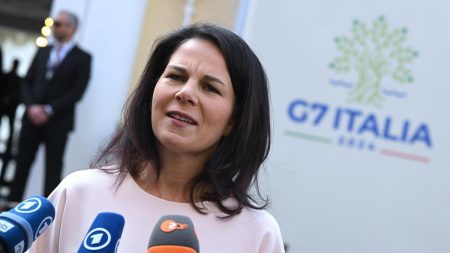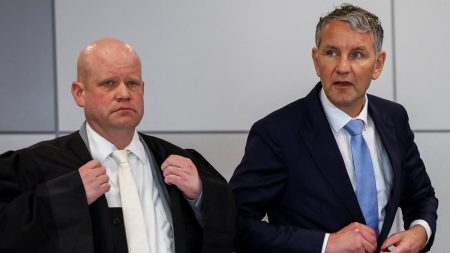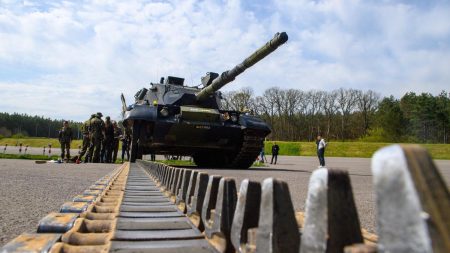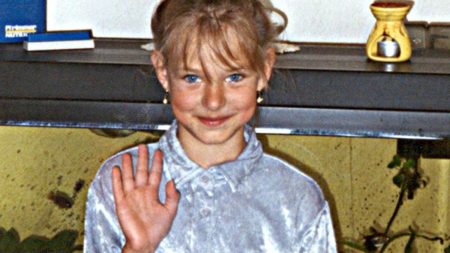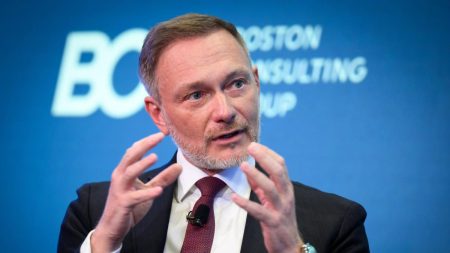The German government has revealed that approximately 40 percent of individuals who joined ISIS abroad have returned to Germany, with some undergoing deradicalization measures. The recent devastating attack on a concert hall near Moscow by ISIS affiliate Islamic State Province of Khorasan has highlighted the ongoing threat posed by the terrorist group. Despite a decrease in the number of German Islamists joining ISIS compared to the peak years of 2013 and 2014, around 1150 individuals from Germany have traveled to Syria and Iraq since 2011. Of these, 650 have German citizenship, with others holding Turkish, Syrian, or Russian passports.
Concerns have been raised about the handling of returning ISIS supporters, with approximately 460 individuals, or 40 percent of those who traveled to Syria and Iraq, having returned to Germany. Government data shows that investigations have been launched against 312 individuals for crimes related to their travels, leading to the conviction of 111 individuals and ongoing investigations into 119 cases. Some individuals have been deported or left Germany voluntarily. Efforts to deradicalize returnees have had mixed success, with a higher double-digit number currently in deradicalization programs, according to the government.
Following the collapse of the ISIS caliphate, many German supporters were captured by Kurdish forces in Syria. The German government has repatriated 27 women and 80 children from northeast Syria between 2019 and 2022. However, there have been no further repatriation flights in 2023, raising questions about ongoing repatriation efforts. The effectiveness of deradicalization measures for returnees remains unclear, with the government acknowledging that a higher double-digit number of returnees are currently undergoing such programs.
The head of the Hamburg Office for the Protection of the Constitution, Torsten Voß, has expressed concerns about the reintegration of ISIS returnees into society, stating that many end up back in extremist circles. Security authorities have struggled to fully detach returnees from their former social environments, increasing the risk of recidivism. AfD lawmaker Stephan Brandner has emphasized the need for vigilance and proactive measures in dealing with ISIS returnees, questioning their ability to fully integrate into society based on democratic values. Given the challenges of effectively deradicalizing and reintegrating ISIS returnees, ongoing efforts to prevent radicalization and address potential security risks remain crucial.




